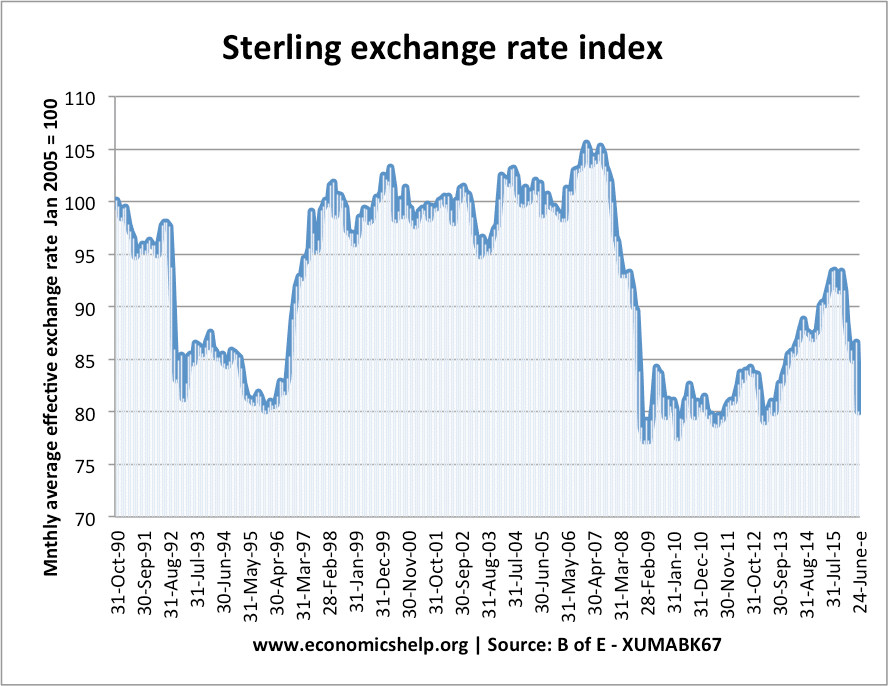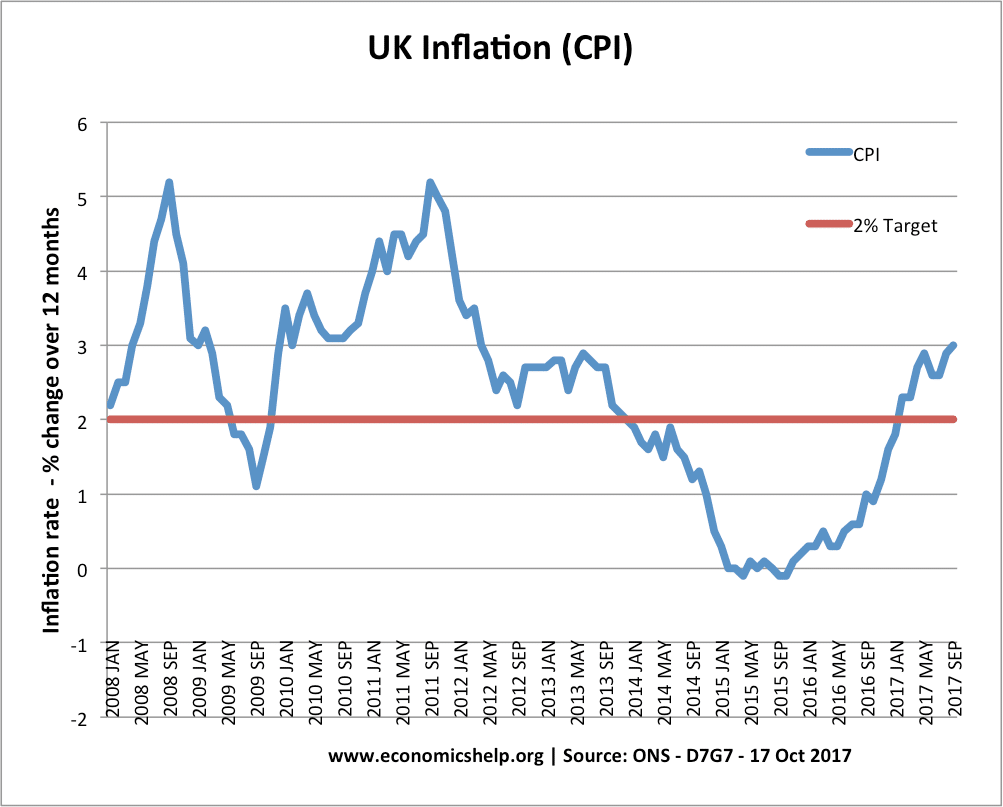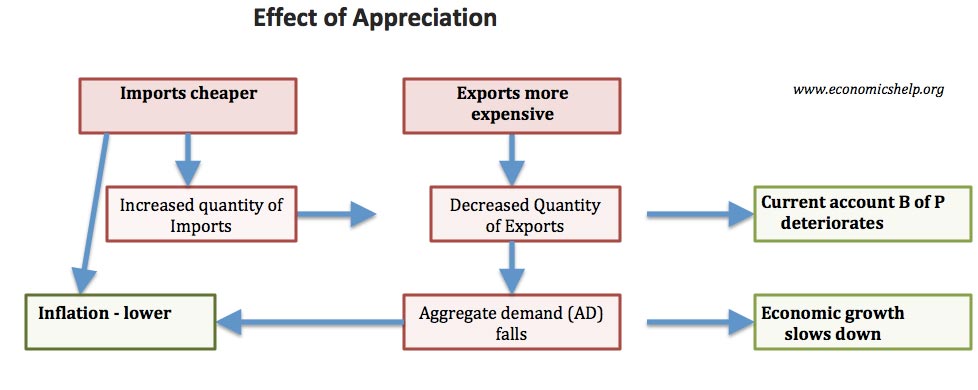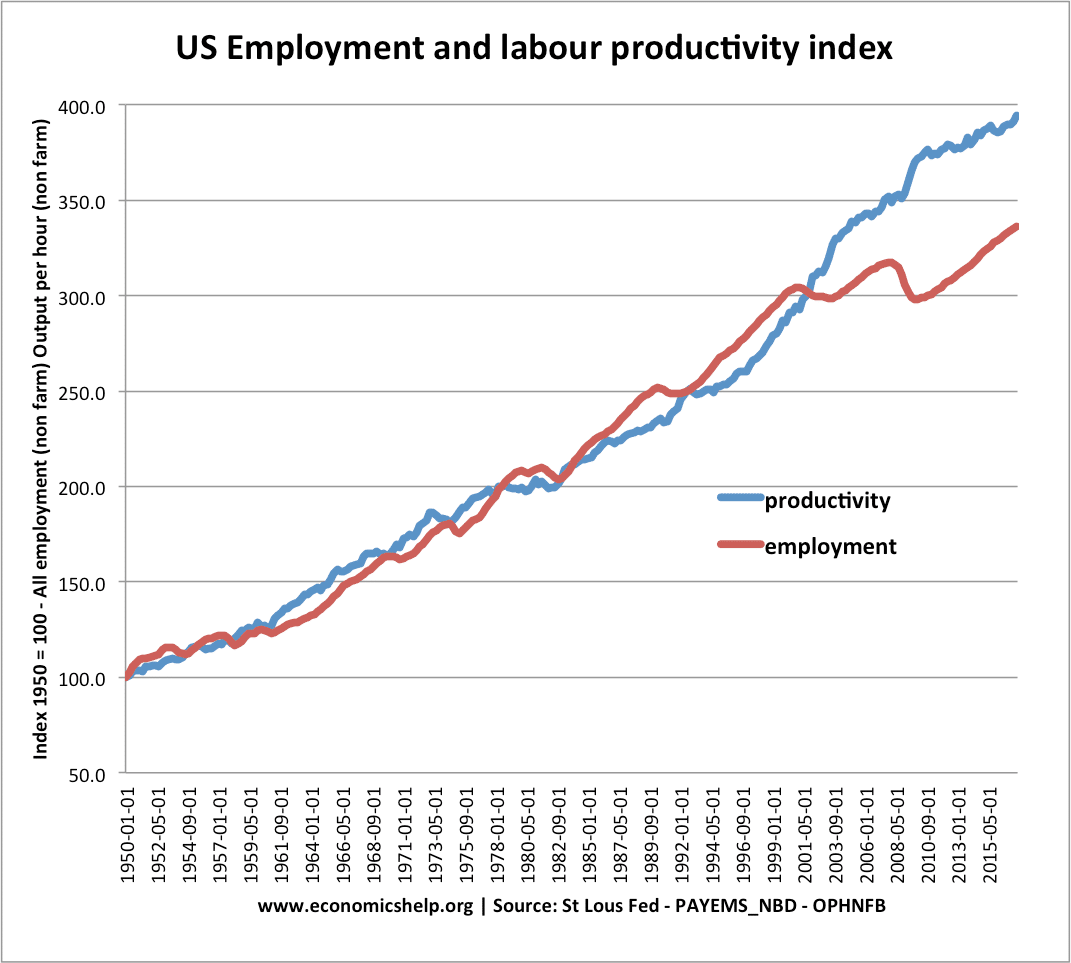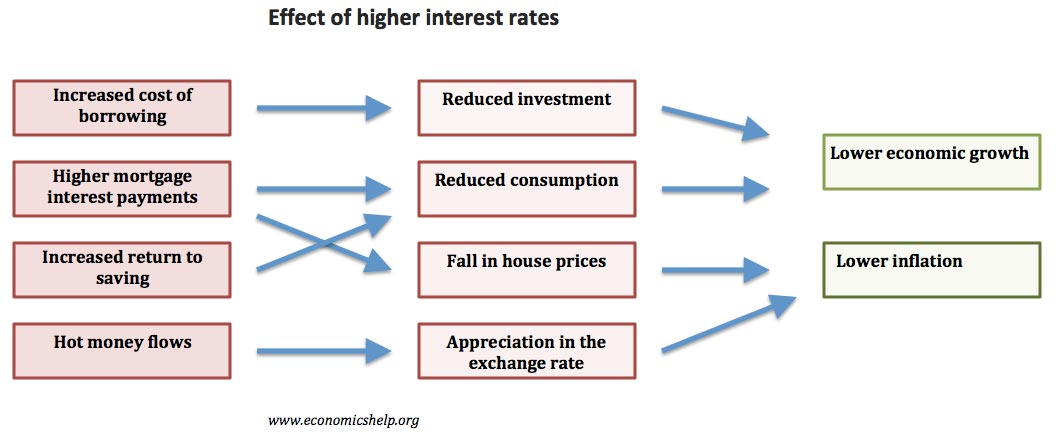Problems facing UK economy post Brexit
After the UK’s decision to leave the EU, what economic problems will it face? Summary of problems Devaluation of Pound Sterling, increasing price of imported goods, such as food, oil, manufacturers and domestic inflation. This cost-push inflation is again putting pressure on real wages. WIth low nominal wage growth – inflation has led to falls …

